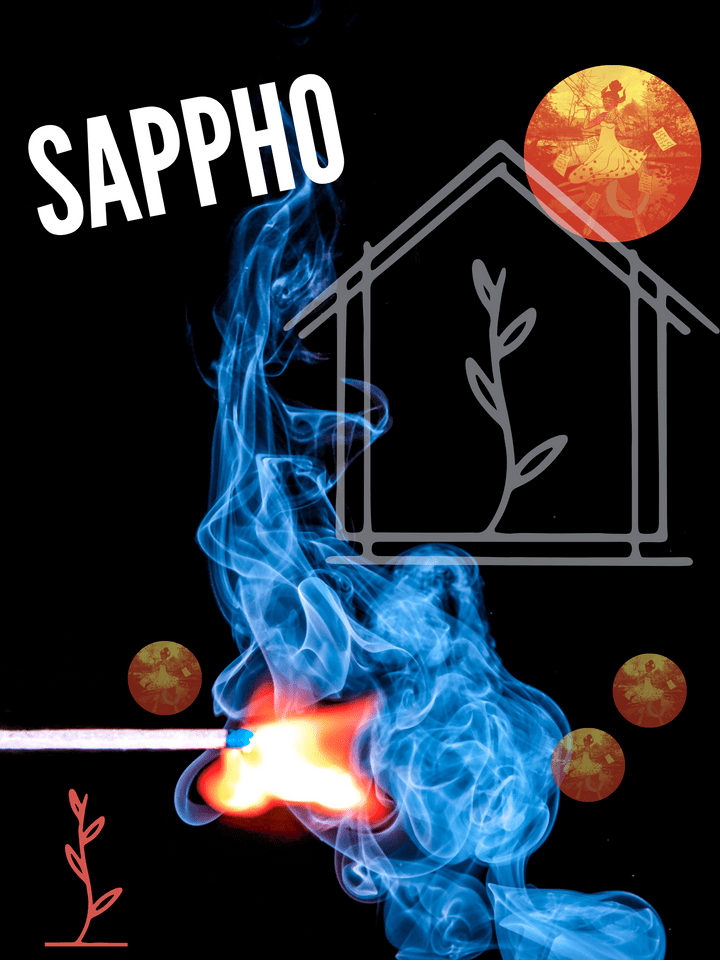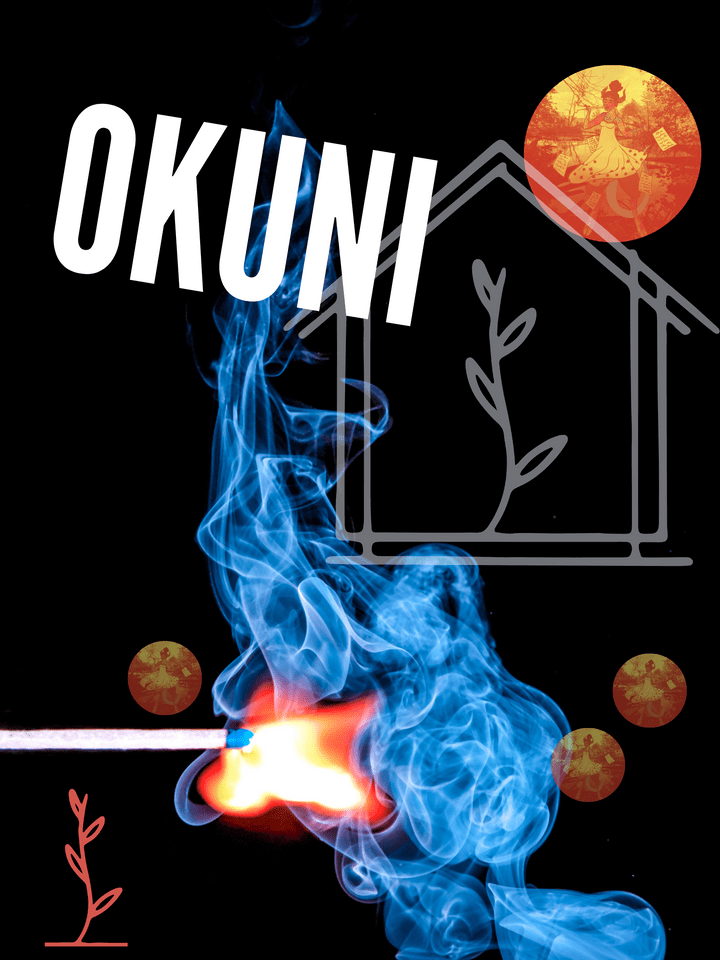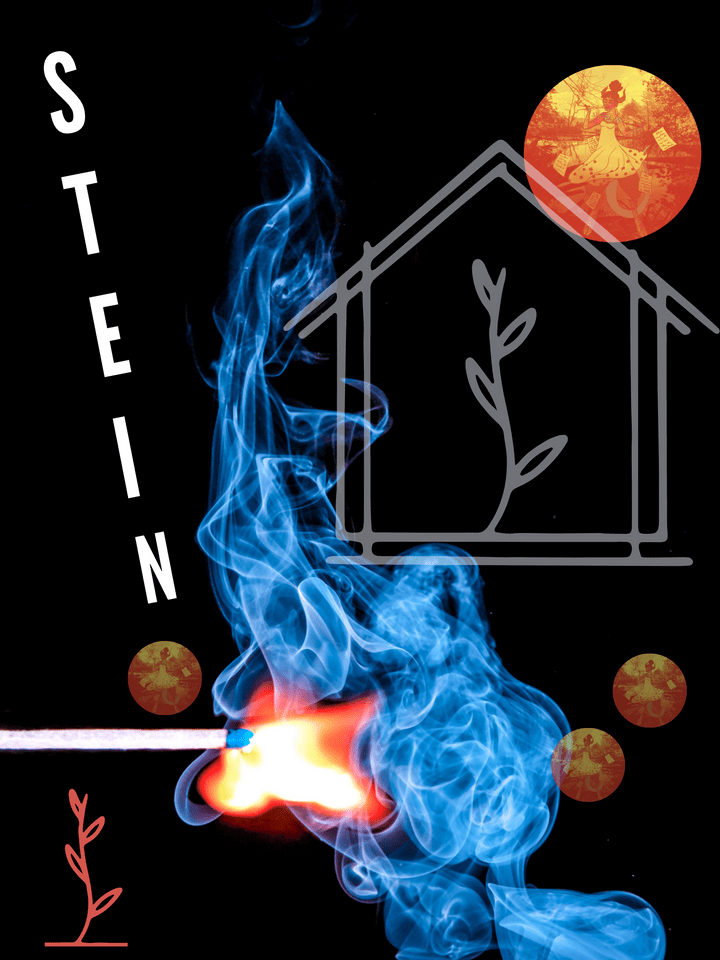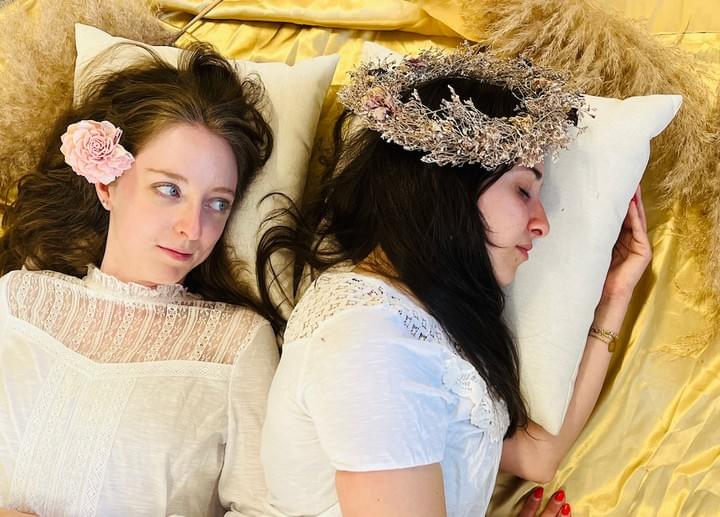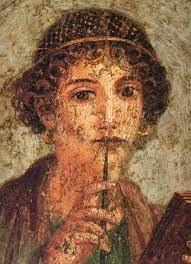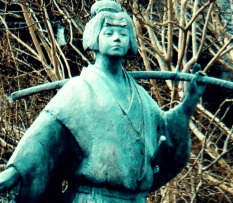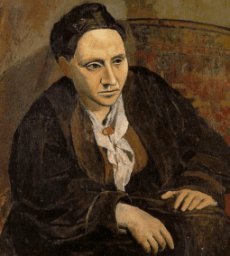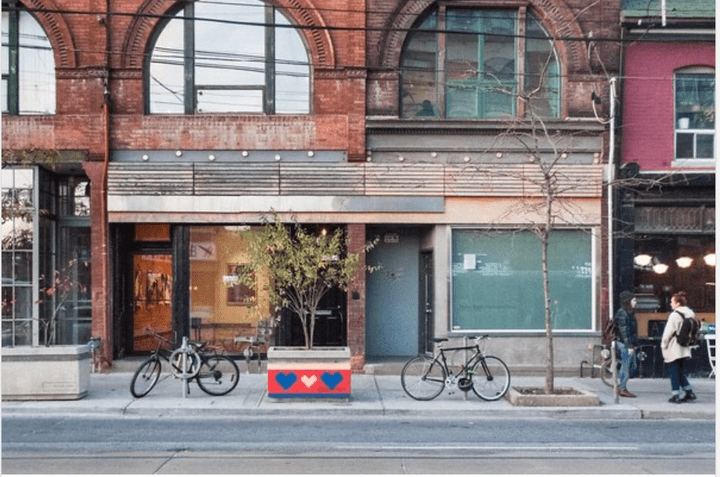



FEST e-PROGRAM
- …



FEST e-PROGRAM
- …

Let Us Tempt You...
...with a NEW kind of classical theatre festival featuring female playwrights.
That’s right! Women were classical playwrights too!
Documented from as early as the 10th century.
We’ve prepared this festival
of unknown works to share with curious patrons,
ready to experience a new take on Classical Theatre.

3 Influential Artists/Writers
who shaped, and are shaping the world of theatre

3 Periods in Herstory
from antiquity to Modern Times

5 Countries
Japan, America, France, Greece
and of course Canada

3rd Year of the Fest!
From virtual to outdoors and inside unique spaces in York Region and now Toronto too!
The Plays
TOOTS features all three plays and travels to two very different venues

Sappho Fragmented
Written in 650 BCE
by Sappho
ANTIQUITY
Love & Anguish
“Sweet mother, I cannot weave – slender Aphrodite has overcome me with longing for a girl.” ― Sappho, Sappho: A New Translation of the Complete Works
Main characters Helen of Troy and Aphrodite from Sappho’s poetic fragments join forces to relive the essence and eminence of a romantically Sapphoric world.

Okuni Through The Clouds
by Mei Miyazawa, Airi Okamoto
based on Izumo no Okuni - 16th Century
KABUKI'S INCEPTION
Loss & Renewal
“Among the people of old, some went to see the kabuki theatre to console their hearts.” -Texts from the Okuni Sōshi
This Kabuki-inspired creation is based on the founder of the art form, Okuni -her arrival to Kyoto and her subsequent downfall and disappearance.
Three Sisters Who Are Not Sisters
Written in 1943
by Gertrude Stein
MODERN
Delight & Destruction
“I have an idea a beautiful idea, a fine idea, let us play a play and let it be a murder.”
-Gertrude Stein, Three Sisters Who Are Not Sisters
Three sisters who are not sisters
and two brothers who are brothers are all related in their desire for play. Deadly play.
Of course, murder can be fun. Can’t it?
The Creators
Sappho
c. 630 – c. 570 BC Although only a small amount of her poetry has survived, the ancient Greek poet Sappho has had a posthumous literary reputation. She has become an icon for lyric poets, and is a symbol for homosexual love between women. Sappho stands at the beginning of the lyric tradition in poetry: a tradition so named because Sappho’s compositions were originally accompanied by music, played on the lyre. Because of the homoerotic essence in her poems and because she hailed from the Greek island of Lesbos Sappho is also the reason we talk of ‘lesbian’ relationships between women. Sappho is known to have written some nine volumes of poetry, but very little of her work was preserved. Some have blamed this on the activities of the medieval Church, which sought to suppress works which were pagan and, what’s more, often probably quite sexy.

1572 - ? Okuni was a Japanese actress, dancer and singer who created kabuki theatre in the 14th century. Okuni created not only a longstanding Japanese tradition but also an outrageous new type of performance that gave women a space to perform. Beginning as a priestess, one who was expected to remain reserved, she instead followed the path of an artist. Her art was unconventional. Her signature dance, the Nambusu had originally had been a sacred Buddhist dance. Okuni developed it into her own style, where it took on a provocative tone, fascinating audiences. She further captured attention when she started performing scenes about scandalous topics, such as lovers and prostitutes, in which she often performed masculine roles.
Her work provided an opportunity for the forgotten and unwanted of society to gain a new reputation, all while creating a new art style that has become a cultural landmark of Japan. Okuni continued to perform kabuki with her troupe until her retirement and disappearance sometime around 1610.

Gertrude Stein
1874 – 1946 Stein, was an American modernist writer, an international celebrity, an artistic iconoclast, and a self-proclaimed genius. Stein was ahead of her time in several ways. She shared an openly lesbian marriage with Alice B. Toklas from 1910 until her death. Her experimental writings saw print a decade before James Joyce's Ulysses. Her literary experiments still puzzle structuralist, deconstructionist, and feminist critics. Her contribution to American literature is unquestionable; Scholars consider Stein an important innovator whose attention to language and questioning of narrative conventions influenced such writers as Ernest Hemingway. A legendary personality from the early 1900s, when Stein first arrived in Paris, she reigned at the centre of a flourishing Parisian salon whose guests included Pablo Picasso, Henri Matisse, F. Scott Fitzgerald and Thornton Wilder.
We’re partnering with the Varley Art Gallery in Unionville ontario
VENUES, TIMES, DATES

The Varley Art Gallery
216 Main St Unionville, Unionville
July 14th, 8pm - 9:30pm
July 15th, 8pm - 9:30pm
July 16th, 2pm - 3:30pm

The Queen Street West Storefront Space
1196 Queen St W, Toronto
July 21st, 8pm - 9:30pm
July 22nd, 8pm - 9:30pm
July 23rd, 4pm - 5:30pm
July 23rd, 8pm - 9:30pm
TICKET INFO
Early Bird Tickets to TOOTS at Varley Art Gallery $28 before July 5th
Regular Tickets to TOOTS at Varley Art Gallery $33 after July 5th
Preview at Storefront on Friday July 21st, $28
All Other Storefront times, $33
TICKETS HERE
NOTE 1: Capacity for the Storefront space is restricted.
We recommend registering early.
NOTE 2: No latecomers permitted/No refunds
Covid Message
Shadowpath has taken the following precautions to ensure the safety of our artists and audiences as currently stated by the province and The Region of
York’s Public Health Safety Measures
We would like to acknowledge the earliest story-tellers that lived on the lands we now occupy. These are the traditional lands and territories of the Mississaugas of the Credit First Nation, the Wendat, the Haudenosaunee and the Anishinaabe peoples.
Like many of the people who first strode this land, the plays we will be presenting throughout this festival, Theatre Out Of The Shadows, were discounted or forgotten through the ages.
Yet they have survived,
and now thrive with renewed appreciation and respect.
In the words of intersectional feminist Audre Lourde,
“We are powerful because we have survived, and that is what it is all about – survival and growth.”
For this we give our deepest gratitude
as we grow toward a more inclusive, resilient tomorrow.
To quote a Haudenosaunee thanksgiving address:
We put our minds together and give thanks to our oldest Grandmother,
the Moon, who lights the nighttime sky
She is the leader of women all over the world,
and she governs the movement of the ocean tides.
By her changing face we measure time,
and it is the Moon who watches over the arrival of children here on Earth.
With one mind, we send greetings and thanks to our Grandmother, the Moon.
Now our minds are one.
Don't Be Shy, Reach out
Questions or Comments?
York Region, Ontario, Canada


